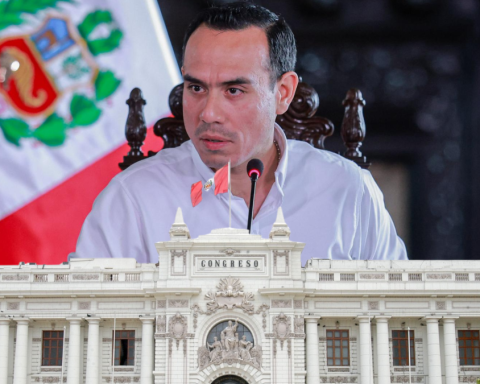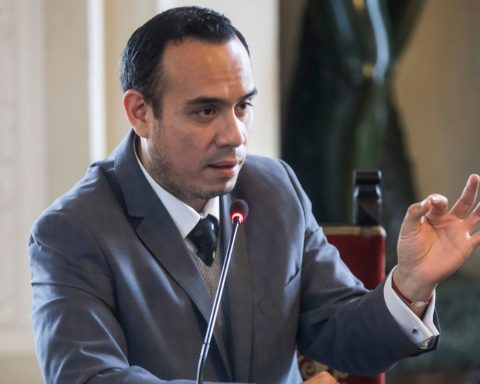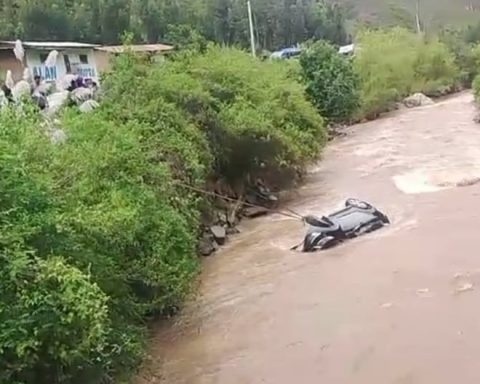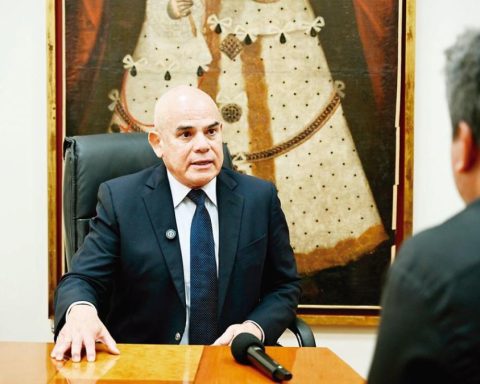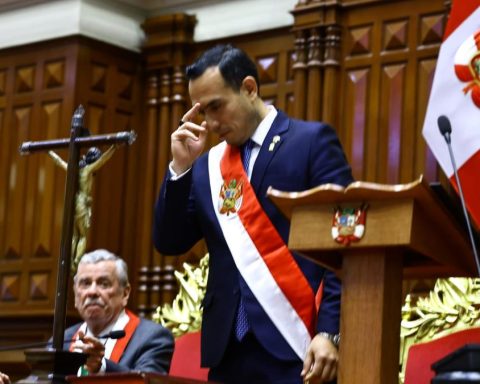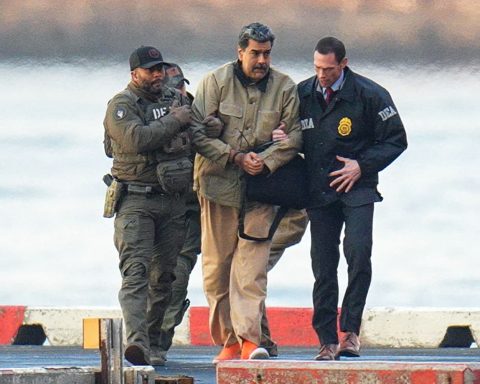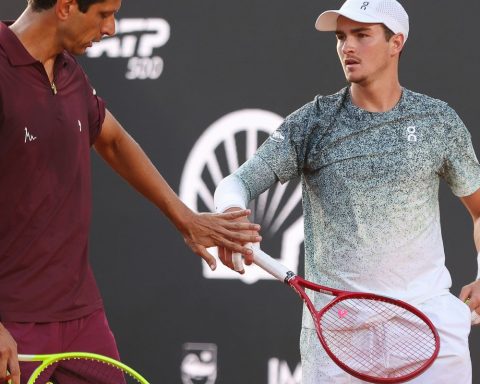“I am a liberal” is one of the phrases that he repeats the most in our conversation. We have met at the Little White Shop, in Miraflores. And, although the meeting has been postponed several times during the day, in the end we managed it, with more apologies than necessary. Kindness could describe it. At 29 years old, Alexander Cavero, has been in politics for more than a decade, from the moment he signed up to volunteer for the PPK campaign. An interest that was born during his five-year stay in Venezuela, when shortages and inflation were growing, and Hugo Chavez he flooded the media with his image and messages.
Right from the start
Neither his grandparents nor his cousins, much less his parents, had an approach to politics. “My everyday family doesn’t talk about it and no one is interested. My great-grandfather was a senator, but I did not know him“, it says. However, when he was in high school, because of his father’s job, they had to move to Caracas. “It’s cute, but it’s ruled by nefarious people. It was a very politicized society and, although my generation in Peru has not seen inflation, I experienced it there”. Alejandro Cavero thus remembers the years in which he saw Peru from afar, growing at 8%, reducing poverty and building emblematic schools. Meanwhile, the reality of him was the opposite: “When I arrived, I had an amount of money for my lunch box and, when I left, I had to carry a pile of bills and queue because there were no products. That made me mature my ideas, see which models to follow and which not”. He says that he was proud of his country and believed that we were doing well and today, however, “I think my government is doing it wrong. Not my country, but the government”.
to politics
He wasn’t the first in the class and he wasn’t the last either. “I played tennis, I liked history and parties like everyone else… I went through school like any other student”, he says when explaining that he decided to study letters at the Catholic University. “I was encouraged by law because political science felt very theoretical”. Cavero was clear that he wanted to take the path that today, precociously, he follows and, nevertheless, to the question of whether he wants to become president, he answers “less and less”. At the age of 21 he was already writing the editorial for the newspaper El Comercio, he was working as a journalist, and at 24 he was working in the Presidency of the Minister council. When he decided to introduce himself to the Congressapplied and entered: “I tried really hard to win. We did a lot of hard work on my campaign and I got 30,000 votes that I’m proud of. It seems to me that, for example, Bermejo entered with eight thousand”. Luck accompanies him even on issues that are sometimes complicated for a conservative society like ours. Her sexual choice, which he has openly commented on since he told her parents at the age of 21, has never been a problem: “I have lived my life no matter what people think. If I’m from the right, white or LGBT, it’s the same. I really don’t live worrying if people care and I have the fortune of those who love me, accept me as I am”.
SIGHT: [Perfiles21] Guido Bellido: “There is no way they can stop us”
search for consensus
One of the issues that Cavero is working on from Congress is civil union. Although he is in favor of same-sex marriage, he explains that he is also aware that a formula must be sought that generates consensus and, above all, that it is possible. Advancing in the conversations, he says that he has felt openness with several groups, among them Fuerza Popular, Acción Popular, Alianza para el Progreso and even Renovación Popular and Free Peru. “There are very conservative people, but perhaps not as many as in previous Congresses”, he says while highlighting the good relations with his colleagues, although he doubts that they can stay in Parliament for five years: “It seems to me that this is unsustainable. I don’t see this for five years and I think if Congress can’t come up with a solution, the street is going to come out. If Pedro Castillo does not drastically correct the course, the solution is vacancy”.
Sparks
- What will happen in the regional elections?: “I believe that Pedro Castillo is going to have a tremendous defeat in the municipal and national elections.”
- Pedro Castillo, Vladimir Cerrón or Peru Libre?: “The three of us, I believe that the government of Pedro Castillo will end up passing a huge bill to the left in Peru.”
- Will it affect Verónika Mendoza?: “She has been the main accomplice of everything that has happened in these seven months; she and Vladimir Cerrón”.
- Accomplice from silence or from the shadow?: “She has been deadly silent because she has been seeking a share of power in the government. However, people know, people are not stupid.
- Cesar Acuna: “Ideological consistency is lacking.”
- Fujimori: (Long silence). I have to measure my words with a caliper. What Odriismo could have represented at the time”.
- Keiko Fujimori: “An opposition leader. I didn’t say ‘the’ leader”.
- Vladimir Cerron: “Bad ideas”.
- Peter Castle: “Incompetence”.
- Maricarmen Alva: “Defense of parliamentary jurisdiction”.
- Hernando de Soto: “popular capitalism”.
- A politician who could be president: “Beatriz Merino or Lourdes Flores, I would love to. She has a lot of experience and is very level-headed.”
![[Perfiles21] Alejandro Cavero: "The solution is vacancy" [Perfiles21] Alejandro Cavero: "The solution is vacancy"](https://latin-american.news/wp-content/uploads/2022/02/Perfiles21-Alejandro-Cavero-The-solution-is-vacancy.jpg)

